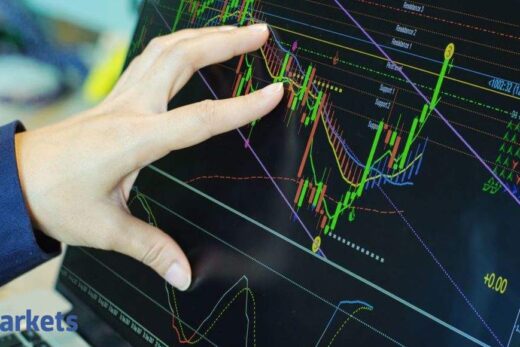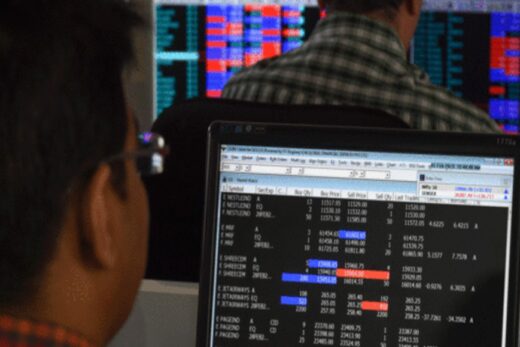The exchange halted trading in units of five listed closed-end balanced equity funds managed by China Universal Asset Management Company Limited (CUAM), E Fund Management Co., Ltd, China Asset Management Co., Ltd, Zhong Ou Asset Management Co., Ltd and Penghua Fund Management Co., Ltd, after those units collectively surged by their daily trade limits.
Also in a weekly press conference on Friday, China’s securities watchdog said it would strengthen the supervision over the operations of index funds.
The suspension of trading lasted an hour, though it did not prevent those units from closing the maximum allowed 10% higher, even as the funds warned investors of potential sharp losses.
In a statement posted on the SSE, China Universal Asset Management Company said the trading prices of the listed fund units markedly deviated from the fund’s net value and investors could suffer significant losses if they blindly invest in units carrying high premiums.
The other four funds issued similar statements alerting investors.
As of Thursday, the net value of CUAM Innovation & Future Fund was 1.1793 yuan per unit, while listed units closed at 1.4060 yuan in the Shanghai market on Friday, representing a 19.2% premium.
Traders and analysts mainly attributed the fund unit rally to strong demand from retail investors and limited supply.
In CUAM’s case, only 1.7 million units of its Innovation & Future Fund are traded, versus a total of roughly 8 billion units for the fund which are all held by retail investors as of Jan 14.
“Investors are not calm for now,” said Hu Yunlong, chief investment officer at Beijing Kaixing Asset Management Company, referring to their fund chasing activity.
The robust market rally in 2020 brought stellar gains for many of the country’s mutual funds, encouraging investors to pour more money into the market.



